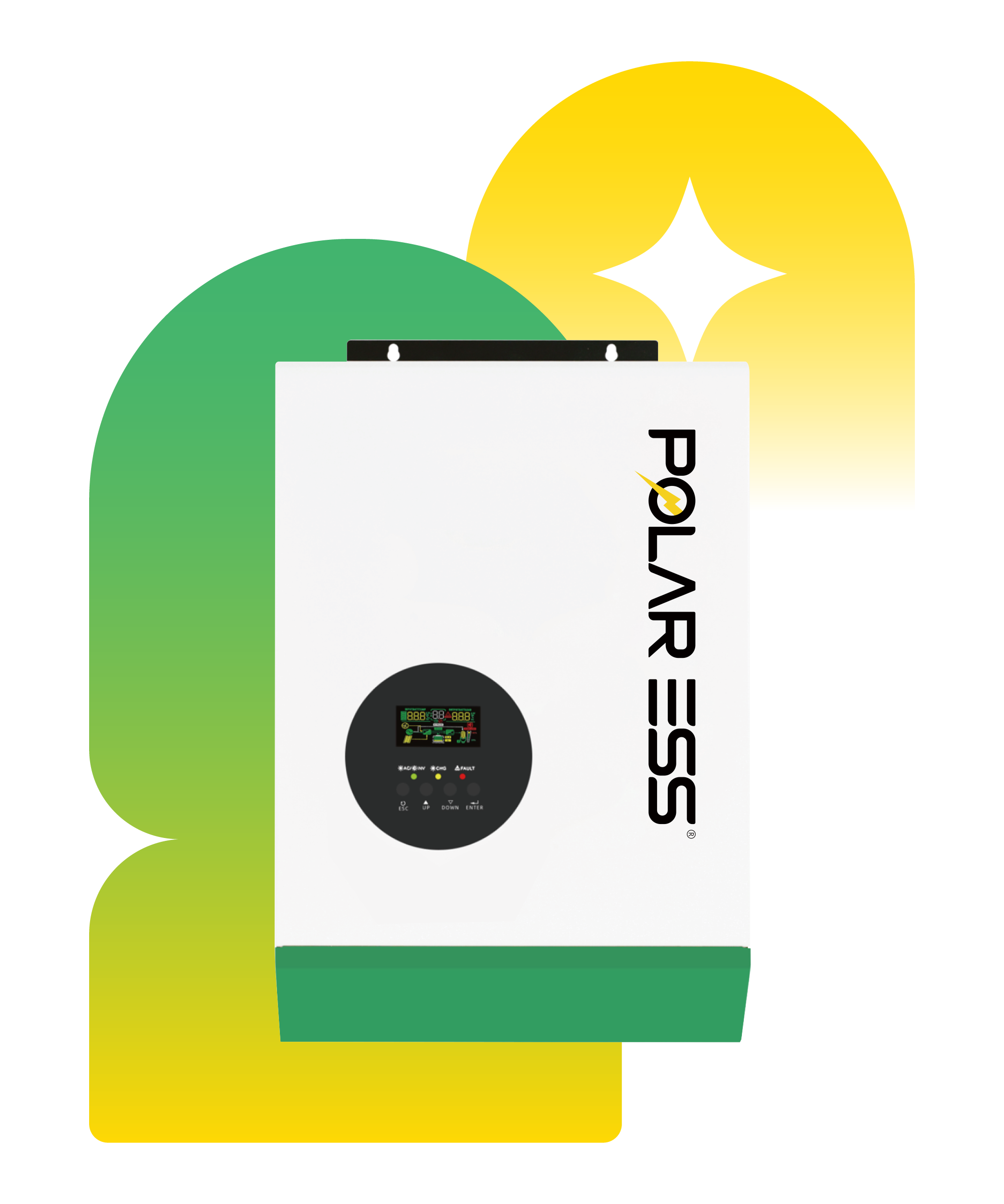
Are you interested in learning about off grid power systems? In this guide, we will explore the fascinating world of off grid inverters with a focus on the 48V variant. Off grid inverters play a crucial role in converting DC power from batteries to AC power for use in homes and businesses that are not connected to the traditional electrical grid.
The Basics of Off Grid Inverter 48V

An off grid inverter 48v is specifically designed to work with battery banks operating at a voltage of 48 volts. This type of inverter is commonly used in residential and small-scale commercial applications where energy independence is desired. It efficiently converts stored DC electricity into usable AC power, allowing users to run various appliances and devices without relying on the utility grid.
One key advantage of using an off-grid system with a 48V inverter is its ability to handle higher loads compared to lower voltage variants. This makes it suitable for powering larger appliances such as refrigerators, air conditioners, and even some industrial equipment.
The Role of Energy Storage System Manufacturers
To build an effective off-grid system, it’s essential to choose reliable energy storage system manufacturers who provide high-quality batteries capable of storing sufficient energy for your needs. These manufacturers specialize in producing advanced battery technologies that can withstand deep cycling and offer long service life.
When selecting an energy storage system manufacturer, consider factors such as battery capacity, cycle life, warranty terms, and compatibility with your chosen off-grid inverter. Working closely with reputable manufacturers ensures that you have access to durable batteries that maximize the efficiency and reliability of your entire system.
Residential Energy Storage Systems: Empowering Homes
In recent years, residential energy storage systems have gained popularity as homeowners seek to reduce their reliance on the grid and harness renewable energy sources. These systems typically consist of solar panels, an off-grid inverter (such as the 48V variant), and a battery bank.
By utilizing an off-grid inverter 48V along with a well-designed energy storage system, homeowners can store excess electricity generated by their solar panels during the day for use at night or during periods of low sunlight. This enables them to become more self-sufficient, save money on utility bills, and contribute to a greener environment by reducing carbon emissions.
In Conclusion
Off grid inverters are essential components of standalone power systems that provide electricity without relying on the traditional electrical grid. The 48V variant is particularly suitable for residential and small-scale commercial applications due to its ability to handle higher loads efficiently.
To build an effective off-grid system, it’s crucial to choose reliable energy storage system manufacturers who offer high-quality batteries capable of storing sufficient energy. By combining these components with renewable energy sources like solar panels, homeowners can enjoy greater independence from the grid while contributing towards a sustainable future.


